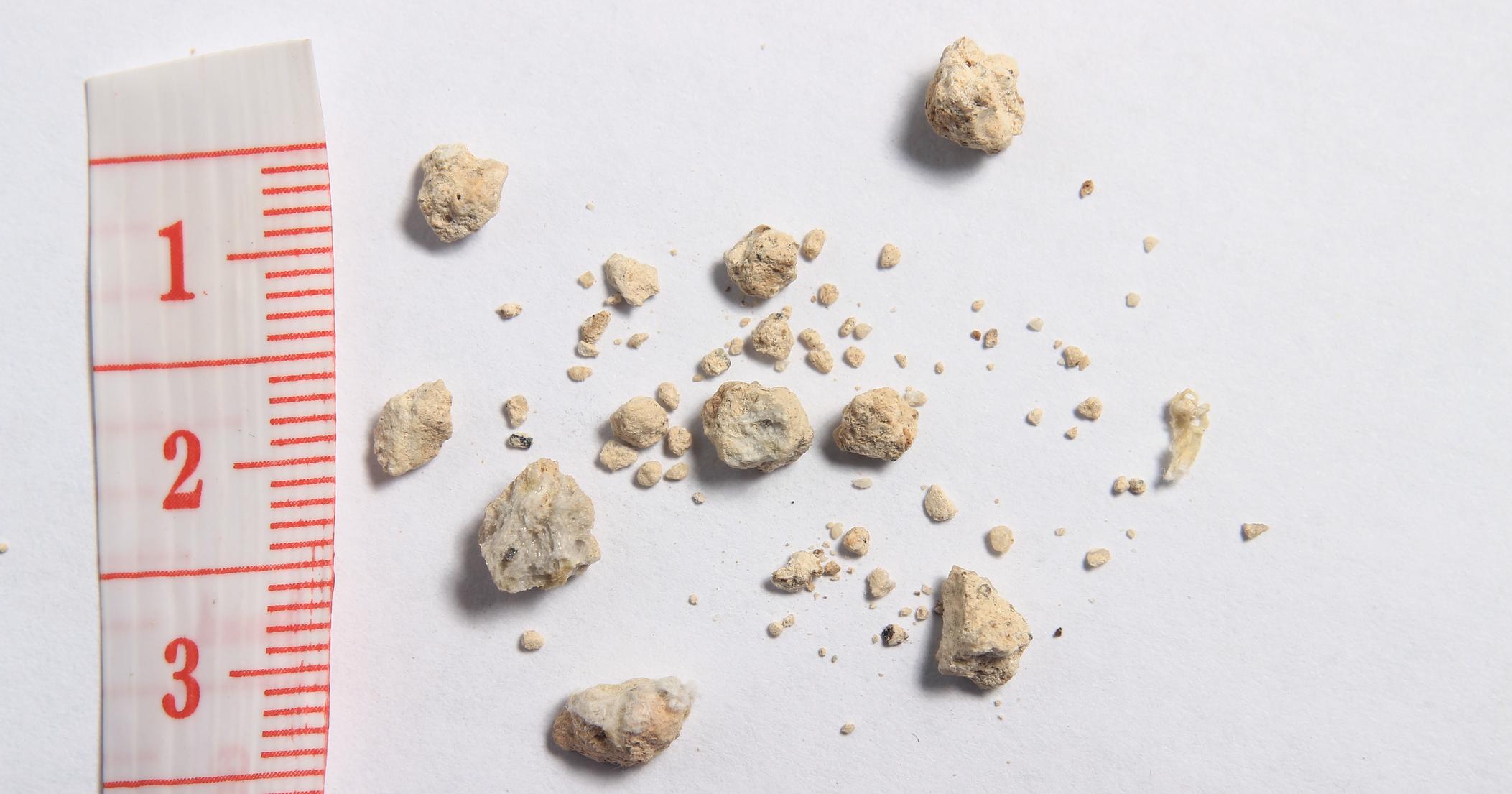Causes And Complications Of Wilson's Disease
Kidney Stones
Patients with Wilson's disease have an increased risk of developing kidney stones, which are formed from tiny deposits of the salts and minerals that are normally filtered by the kidneys. While the stones typically cause no permanent damage, they can cause considerable pain. Possible symptoms include pain while urinating, an increase in urinary frequency or urgency, and cloudy urine. Patients could experience severe pain in the back or side that fluctuates in intensity, and it might radiate to the groin or lower abdomen. The patient's urine may also be bloody. To diagnose kidney stones, doctors may perform blood tests and a twenty-four-hour urine test. Ultrasounds, CT scans, and other imaging studies can be used to detect small stones. Due to their increased risk for kidney stones, it is recommended that patients with Wilson's disease have an annual x-ray to check for any stones. If small stones are found, these can often be passed with the help of pain relievers, alpha blockers, and plenty of fluids. Larger stones can be removed through extracorporeal shock wave lithotripsy and other surgical interventions.
Learn more about the complications associated with Wilson's disease now.
Hemolysis

Hemolysis is characterized by the abnormal destruction of red blood cells, and it is a potential complication for patients with Wilson's disease. In healthy individuals, red blood cells generally have a lifespan of around 120 days. Hemolysis greatly reduces this lifespan, and it can result in hemolytic anemia. This condition causes patients to feel fatigued, and they may also have an increased heart rate and an enlarged spleen or liver. Patients may feel weak, and they could become dizzy or confused. Blood tests can determine the extent of a patient's hemolysis, and treatment options include transfusions of red blood cells, infusions of immunoglobulin, and corticosteroids to suppress the immune system. Some patients may require surgery to remove the spleen.
Get the details on additional complications of Wilson's disease now.
